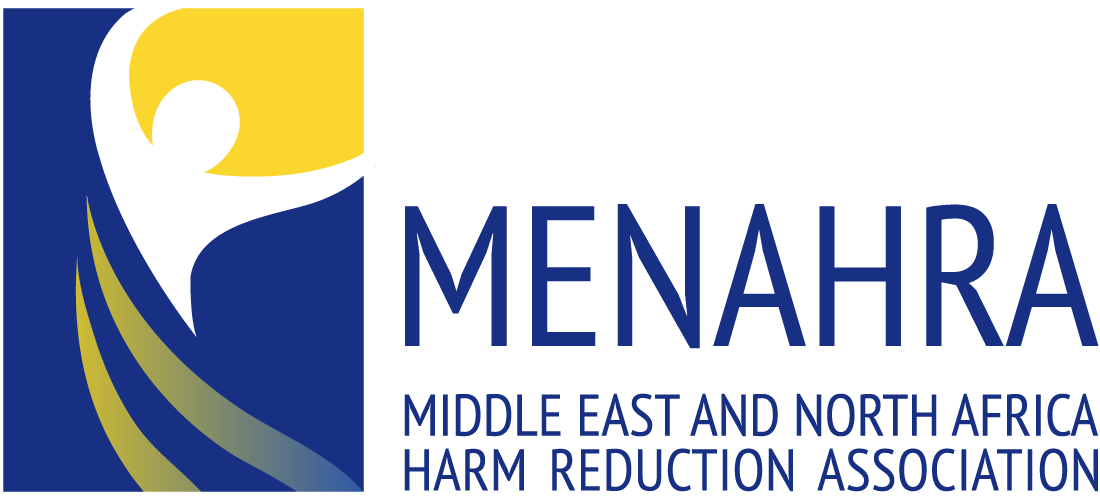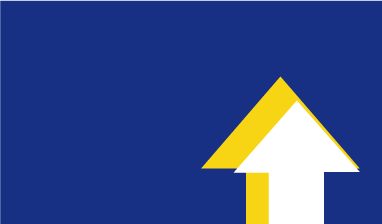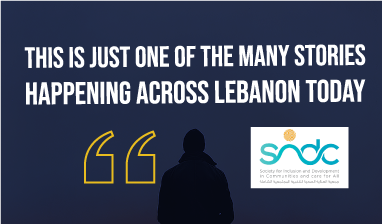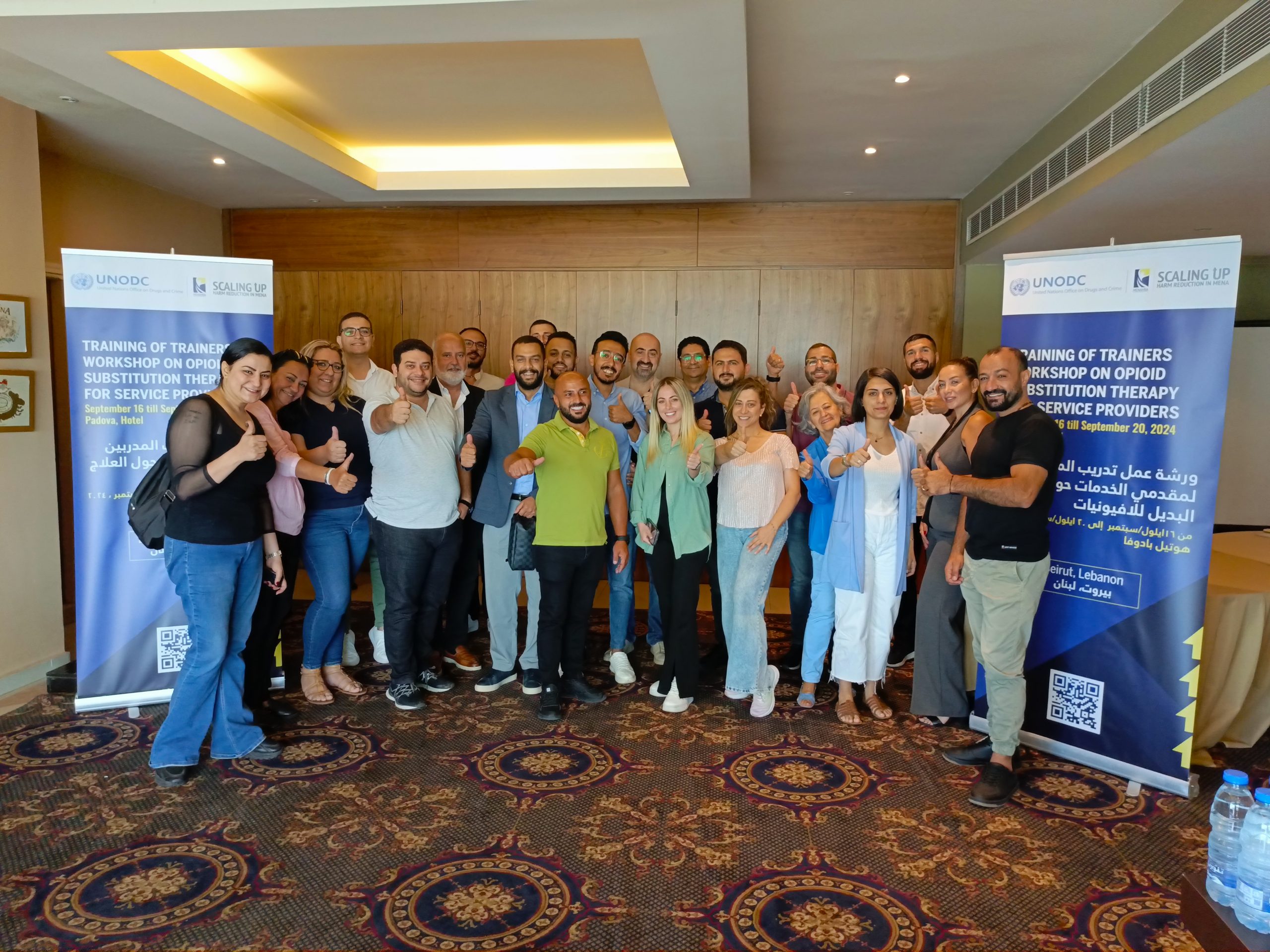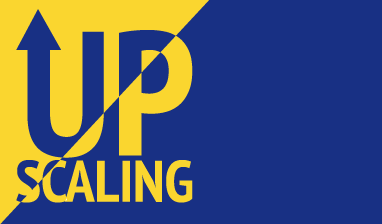By SKOUN.
Beirut, 26 June 2024
On the occasion of the International Day Against Drug Abuse and Illicit Trafficking, that falls on June 26 of every year, and taking part in the global counter-campaign entitled “Support Don’t Punish” that calls for the end of the War on Drugs and the reform of drug policies that criminalize people who use drugs,the Lebanese Coalition for the Reform of Drug Policies (LCRDP) has launched a campaign to call for the immediate reform of the Lebanese Law on Drugs.
Three videos were produced showcasing the negative impacts of current drug policies on different aspects: health, economic, and social, emphasizing the need to reform these policies in light of the compounding crises.
The three videos will be launched on June 26, 27 and 28th on the LCRDP members social media platforms.
| https://www.youtube.com/watch?v=9cfop2XxeBs Video 1 – Failed objectives | https://www.youtube.com/watch?v=-7mlAp69alA Video 2- Impact on state resources | https://www.youtube.com/watch?v=douo0P7L_Xk Video 3- Socio-economic impact |
“Lebanon’s response to drugs has been mainly anchored in repression, which can target up to 9000 people who use drugs every year. These policies hinder access to employment, education and healthcare of people who use drugs in Lebanon, as well as depleting the state of its human and financial resources, while failing to reduce the demand for drugs. In light of the multi-pronged crisis Lebanon has been going through, which has led to new levels of poverty and unemployment, and has negatively impacted the Lebanese healthcare system, it is a priority to rethink and reform Lebanon’s response to the use of drugs. Decriminalizing drug use gives people who use drugs a chance at well-being and allows the state to redirect wasted resources towards prevention, harm reduction and healthcare services. The Lebanese Parliament now has a choice to either continue pursuing a failed policy or to adopt an evidence-based and human-centered approach that has proven its efficacy in addressing the use of drugs as a multi-faceted public health issue.” Michelle Wazan- Drug Policy and Advocacy Department Manager, Skoun.
The Global Campaign
The Support Don’t Punish Global Day of Action is an international advocacy campaign that calls for drug policies based on evidence, health and human rights principles.
Lebanon facts and figures:
⮚Up to 9,000 people can be arrested or interrogated for drug use every year in Lebanon.
⮚ 80% of those arrested are between the ages of 18 to 35 years old.
⮚ In Lebanon, 1 in 4 people aged between 18 and 35 have ever tried an illicit substance. 1 in 4 people aged 18 to 35 are therefore at risk of arrest.
About Decriminalization:
Decriminalization is not legalization, it is the removal of criminal sanctions for drug use and possession for personal consumption. While it remains illegal to use drugs, just like it is illegal to cross at a red light, the use of drugs no longer carries with it criminal sanctions such as prison time. Options for governments that decriminalize drug use are the imposition of administrative fines, or the referral of people who use drugs to harm reduction services, treatment services or education programs. Meanwhile, the production, dealing, and sales of drugs are still prosecutable by law. The rationale behind decriminalization is to recognize and treat drug use and possession as health and social issues, not criminal issues.
Decriminalization, if done right, would mean that less public money is spent on a system that has failed to reduce illegal drug markets for decades now. Instead, funds can be redirected towards evidence-based harm reduction and other health services.
About the Lebanese Coalition for the Reform of Drug Policies:
The Lebanese Coalition for the Reform of Drug Policies is a coalition of local and regional organizations engaged in the protection and promotion of the rights of people who use drugs and advocating for the decriminalization of the use of drugs in Lebanon. The members of the coalition are: Skoun, SIDC, AJEM, Legal Agenda, MENANPUD and MENAHRA.
حملة ندعم ولا نعاقب – سياسات المخدرات العقابية فشلت، إعادة النظر فيها أولوية
ّبيروت في 26 حزيران 2024
بمناسبة اليوم العالمي “لمكافحة إساءة استعمال المخدرات والاتجار غير المشروع بها”، الذي يوافق في 26 حزيران من كلّ عام، وفي إطار المشاركة في الحملة العالمية المضادّة بعنوان “ندعم ولا نعاقب” التي تدعو إلى إنهاء الحرب على المخدرات وإصلاح سياساتها، أطلق الائتلاف اللبناني لتحديث سياسات المخدرات حملة للدعوة إلى الإصلاح الفوري لقانون المخدرات اللبناني.
سيتمّ إطلاق ثلاثة فيديوهات توضح التأثيرات السلبية لسياسات المخدرات الحالية على مختلف الأصعدة: الصحية والاقتصادية والاجتماعية، مع التأكيد على ضرورة إصلاح هذه السياسات في ظلّ الأزمات المتفاقمة التي يمرّ بها لبنان.
ستُعرض الفيديوهات الثلاث على صفحات التواصل الاجتماعي الخاصّة بكل من أعضاء الائتلاف في 26 و27 و28 حزيران 2024
| https://www.youtube.com/watch?v=douo0P7L_Xk فيديو 3: الأثر الاقتصادي الاجتماعي | https://www.youtube.com/watch?v=-7mlAp69alA فيديو 2: الأثر على ميزانية الدولة | https://www.youtube.com/watch?v=9cfop2XxeBs فيديو 1 : أهداف فاشلة |
” ترتكز استجابة لبنان لقضية المخدرات بشكل أساسي على السياسات العقابية التي يمكن أن تستهدف ما يصل إلى 9000 شخص يستخدمون المخدرات كلّ عام. تعيق هذه السياسات حصول الأشخاص الذين يستخدمون المخدرات في لبنان على فرص العمل والتعليم والرعاية الصحية، كما تستنزف الدولة مواردها البشرية والمالية، بينما تفشل في الحدّ من العرض والطلب على المخدرات. في ضوء الأزمة المتعددة الجوانب التي يمرّ بها لبنان، والتي أدت إلى مستويات جديدة من الفقر والبطالة، وأثرت سلبًا على نظام الرعاية الصحية اللبناني، من الأولويات إعادة التفكير وإصلاح استجابة لبنان لاستخدام المخدرات. إنّ إنهاء تجريم استخدام المخدرات يضمن حماية صحة الأفراد ويسمح للدولة بإعادة توجيه الموارد المهدورة نحو خدمات الوقاية والحدّ من المخاطر والرعاية الصحية. وأمام البرلمان اللبناني الآن خيار إما الاستمرار في اتباع سياسة أثبتت فشلها أو اعتماد نهج قائم على الأدلة ومرتكز على الإنسان أثبت فعاليته في معالجة استخدام المخدرات كقضية صحة عامة متعددة الأوجه”. ميشال وزان – مديرة قسم السياسات المتعلقة بالمخدرات والمناصرة – سكون
حملة “ندعم ولا نعاقب” العالمية:
حملة “ندعم ولا نعاقب” هي حملة مناصرة عالمية تدعو إلى سياسات متعلقة بالمخدرات قائمة على الأدلة ومبادئ الصحة وحقوق الإنسان.
حقائق وأرقام في لبنان:
⮚ يتمّ توقيف أو استجواب ما يصل إلى 9000 شخص بتهمة استخدام المخدرات كلّ عام في لبنان.
⮚ تتراوح أعمار 80% من الأشخاص الّذين يتمّ توقيفهم بتُهم باستخدام المخدّرات بين 18 و35 عامًا.
⮚ في لبنان، 1 من 4 أشخاص تتراوح أعمارهم بين 18 و35 عامًا قد جرّب بالفعل مادة غير مشروعة. وبالتالي فإنّ 1 من كلّ 4 أشخاص تتراوح أعمارهم بين 18 و35 عامًا معرّض لخطر الملاحقة والتوقيف.
مفهوم إنهاء تجريم استخدام المخدرات:
إنهاء التجريم لا يعني التشريع. إنهاء التجريم يعني إزالة العقوبات الجزائية عن استخدام وحيازة المخدرات للاستهلاك الشخصي، غير أنّ هذه الأفعال تبقى غير قانونية مثل اجتياز الإشارة الحمراء خلال القيادة ولكن من دون عقوبات جزائية كالحبس. الخيارات المتاحة للبلدان التي تقرّر إنهاء التجريم هي فرض غرامات إدارية، وإحالة الأشخاص إلى خدمات الحدّ من المخاطر، والعلاج أو البرامج التوعوية. في الوقت عينه، يبقى كلّ من إنتاج المخدرات والترويج والاتجار أفعالًا مجرّمة.
المنطق وراء إنهاء التجريم هو الاعتراف والتعامل مع استخدام المخدرات وحيازتها على أنّهما مسألتان صحيّتان و اجتماعيتان وليستا مسألتين جزائيّتين.
إن إنهاء التجريم، إذا تم بشكل صحيح، يعني الحدّ من هدر الأموال العامّة على نظام فشل في تقليص أسواق المخدرات غير المشروعة لعقود حتى الآن. بدلًا من ذلك، يمكن إعادة توجيه هذه الموارد نحو الحدّ من المخاطر بالاستناد إلى الأدلة العلمية والخدمات الصحية الأخرى.
الائتلاف اللبناني لتحديث سياسات المخدرات:
الائتلاف اللبناني لتحديث سياسات المخدرات هو ائتلاف يضم ست جمعيات محلية وإقليمية تعمل في مجال حماية وتعزيز حقوق الأشخاص الذين يستخدمون المخدرات والدعوة إلى إنهاء تجريم استخدام المخدرات في لبنان. هذه الجمعيات هي كلّ من سكون، المركز اللبناني للعلاج والوقاية من الإدمان، جمعية العناية الصحية للتنمية المجتمعية الشاملة، جمعية عدل ورحمة، المفكرة القانونية، شبكة الشرق الأوسط وشمال أفريقيا لمستخدمي/ت المخدرات، وشبكة مينارة.
